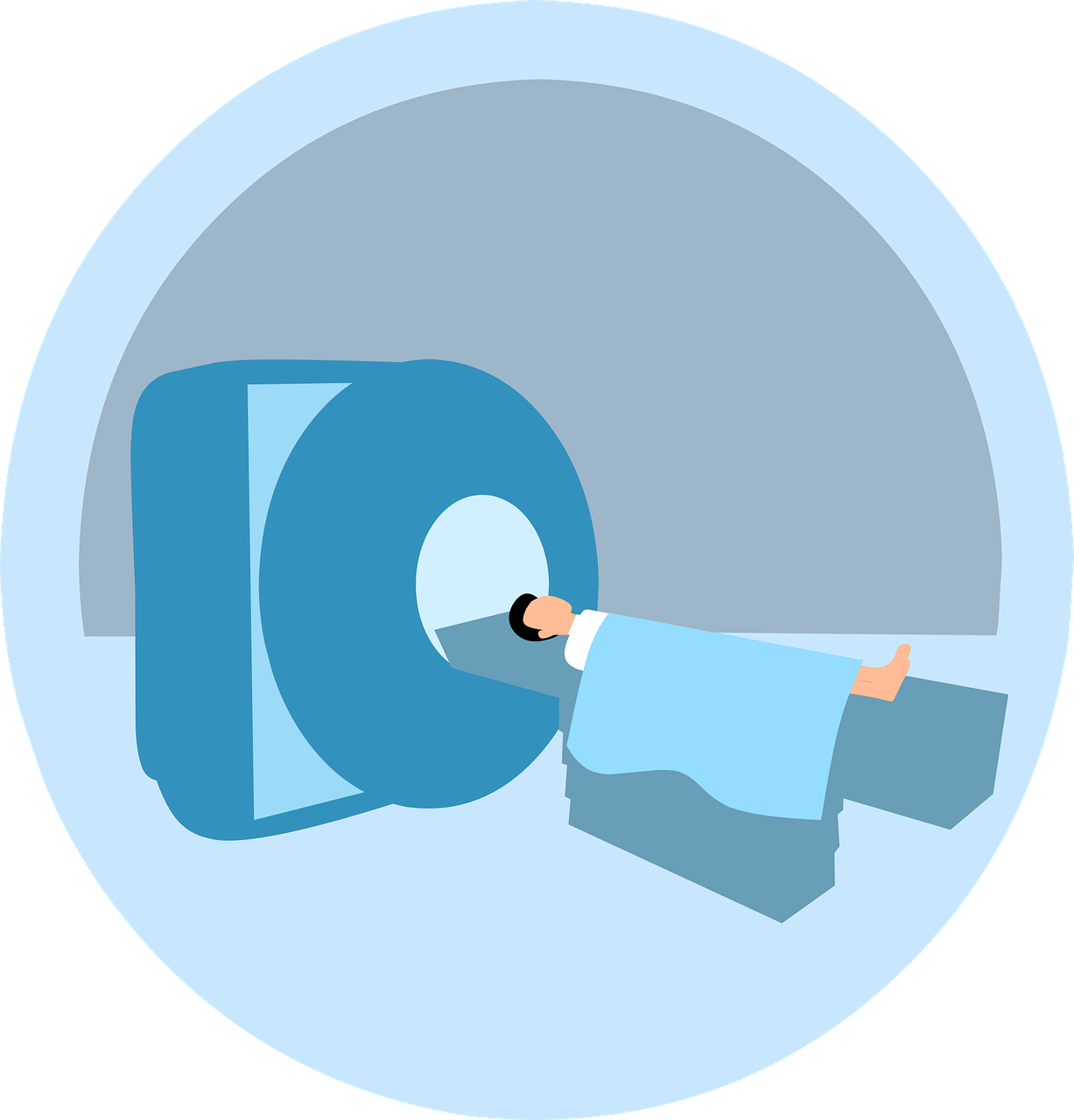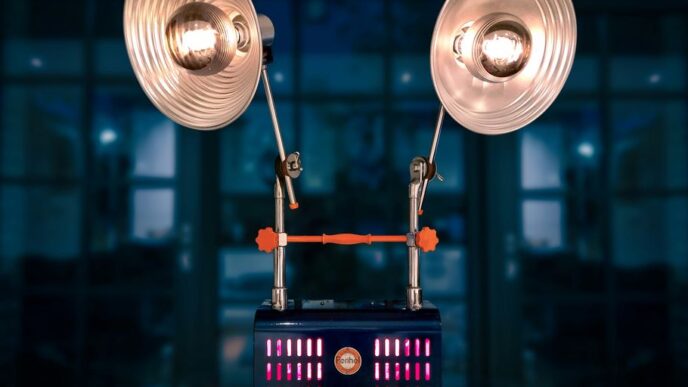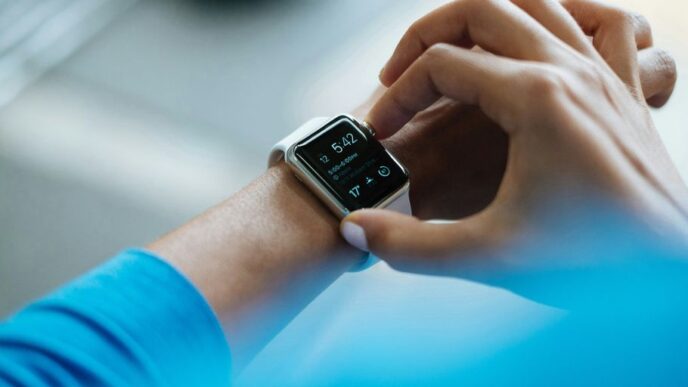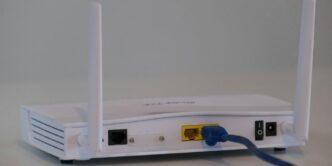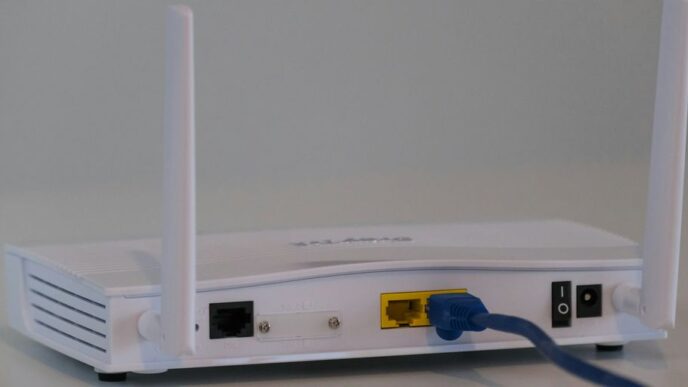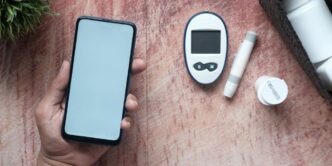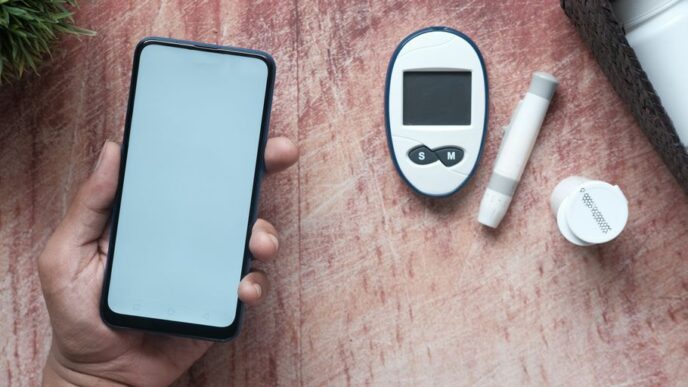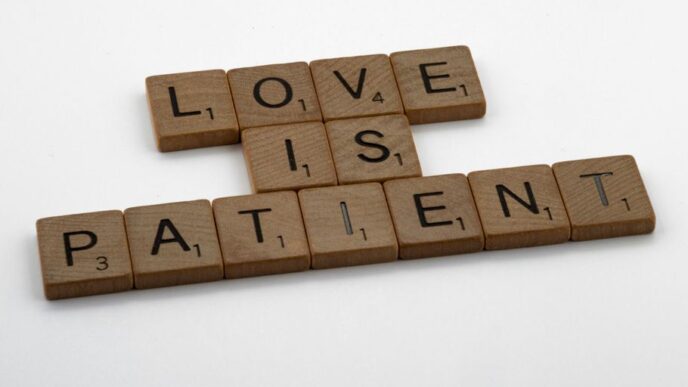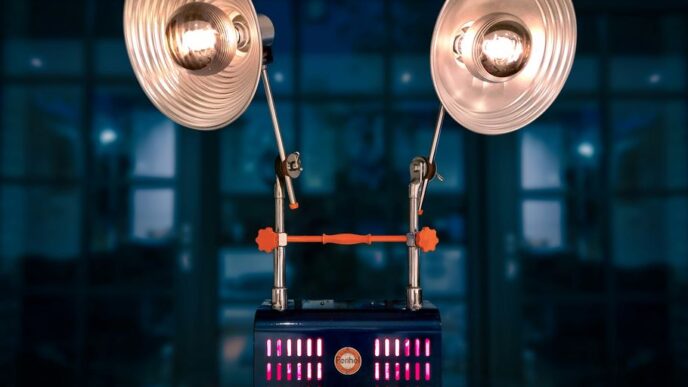In a world where technology is constantly evolving, it’s no surprise that the medical profession is also passing through a significant metamorphosis. With the preface of slice- edge health technologies, healthcare providers are now able to diagnose and treat ailments more directly than ever before. From wearable devices to telemedicine platforms, there is no denying that health technology has revolutionized the way we approach healthcare. In this blog post, we’ll dive into some of the most instigative advancements in health tech and explore how they are changing the face of medicine as we know it.
Preface to Health Technology
Health technology is revolutionizing medical assistance by furnishing new ways to diagnose and treat cases. Health technology includes everything from medical bias and software to apps and wearables. By using health technology, croakers can provide better care for their cases and ameliorate the effectiveness of their practices.
One of the most important aspects of health technology is its capability to help patients diagnose conditions. For illustration, wearable devices can track a patient’s heart rate and other vital signs. This data can be used to detect early signs of a complaint or illness. Beforehand opinion is critical because it allows croakers to treat cases before the condition becomes more serious.
In addition to diagnosing conditions, health technology can also be used to treat them. For illustration, there are now app-based programs that can help patients manage their habitual conditions. These programs give education and support so that cases can better control their complaints. There are also new treatments that use health technology, such as gene remedies and perfection drugs. These treatments are substantiated by each case’s existent needs and offer a stopgap for those with difficult-to-treat conditions.
Health technology is changing medical care in numerous other ways as well. Croakers are using telemedicine to consult with specialists and give care to cases in remote areas. Hospitals are using robots to perform surgeries and distribute drugs. And exploration brigades are using artificial intelligence( AI) to develop new medicines and individual tools.
How Health Technology is Changing the Medical Industry
Health technology is revolutionizing medical care. It has never been easier for patients to get the care they need, when they need it. With the click of a button, patients can pierce their medical records, book movables, and indeed consult with their croaker.
Health technology has also made it easier for croakers to provide better care for their cases. With the help of technology, croakers can now pierce medical records from anywhere at any time. They can also use online tools to communicate with other croakers and share knowledge.
Technology is also changing the way exploration is conducted in the medical field. Traditional exploration was conducted by paper-based methods such as checks and concentrate groups. Still, there are numerous online tools that allow experimenters to collect data more efficiently. For illustration, online checks can be transferred to a large number of people quickly and fluently.
Health technology is changing medical care for the better. It’s making it easier for patients to get the care they need and for caregivers to give better care.
Benefits of Health Technology
Health technology has revolutionized medical care in innumerable ways. Maybe most importantly, it has made healthcare more accessible and affordable for everyone. By automating numerous tasks and processes, health technology has made it possible for providers to see more cases in less time. Also, health technology has made it easier for providers to store and share patient data, which can help ameliorate care collaboration and communication.
Further, health technology can help ameliorate population health by providing perceptivity into trends and patterns of complaint. When combined with other data sources, such as electronic health records, this information can be used to develop targeted interventions that can help or alleviate the complaint. Also, health technology can help connect individuals with resources they may not otherwise have access to, similar to internal health services or social support groups.
Examples of Health Technology in Use Today
There are numerous examples of health technology in use at the moment. One illustration is electronic health records( EHRs). EHRs are digital representations of a case’s medical record that can be accessed by authorized providers and staff. EHRs can ameliorate communication among care platoon members, reduce medical crimes, and increase effectiveness.
Another illustration of health technology is telehealth. Telehealth is the use of telecommunications technology to provide remote clinical services. Telehealth can ameliorate access to care for cases in pastoral or underserved areas, as well as increase convenience and reduce stay times for mobiles.
Health technology also includes tools and apps that patients can use to manage their own health. For example, there are apps that track fitness pretensions, cover drug adherence, and give educational content about healthy living. These tools can empower patients to take an active part in their care and make informed decisions about their health.
Challenges with the perpetration of health technology
One of the crucial challenges with enforcing health technology is ensuring that it’s compatible with systems. Another challenge is making sure that data is duly collected and stored so that it can be penetrated and used by authorized labor forces. Also, there may be considerations associated with enforcing health technology as well as training staff on how to use the new system.
Conclusion
Health technology is revolutionizing medical care and creating a healthier future for everyone. With the development of new tools and results, we’re able to diagnose conditions snappily and directly, give further individualized care to each case, streamline executive tasks, reduce costs, and ameliorate overall health issues. As these technologies continue to evolve in complexity and become more accessible, they will help produce a better healthcare system that can meet the requirements of all cases.

